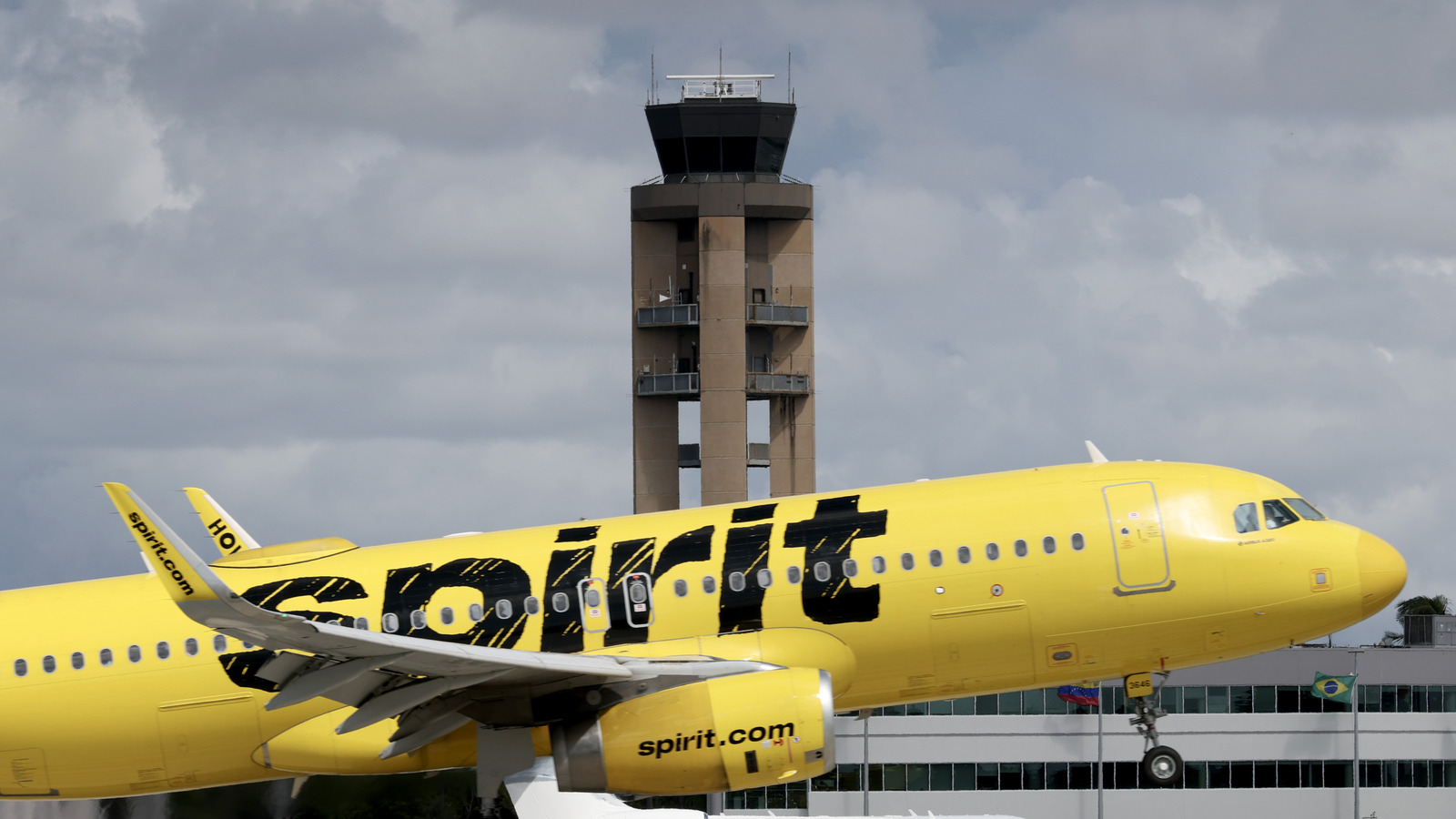Copyright jalopnik

If a slimmed-down Spirit can exit bankruptcy via a merger, then the no-frills airline model has a chance to preserve itself against the major carriers' attempts to absorb low-cost innovations while yoking them to more upscale offerings. As it stands, Spirit's second run through Chapter 11 is going to yield an airline that is a shadow of what it once was. JetBlue's glory days are also a fading memory. Frontier's business models parallels Spirit's, so any combination of the three would at least create a budget-friendly carrier that could preserve robust competition on the U.S. market. Ironically, the proposed JetBlue-Spirit merger was killed by Washington because the government argued that the tie-up would limit options for consumers. What they missed was the degree to which the no-frills concept has lost its mojo. What the feds really needed to do was allow two important disruptors to save themselves and enable ongoing competition to thrive. There's a good reason that United Airlines, following Spirit's second bankruptcy declaration, immediately went after the latter's customers.



